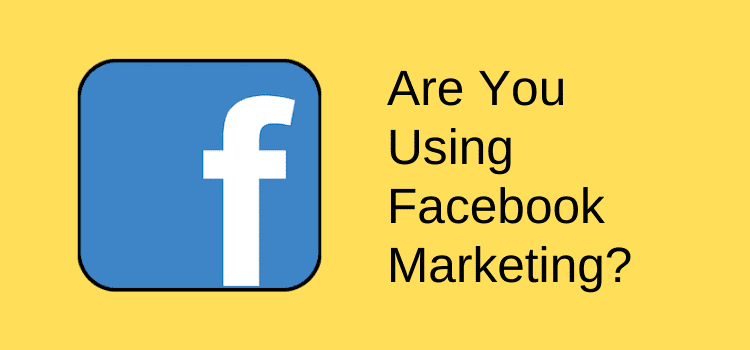
Do you need to change your Facebook marketing for books?
If you are an author or content writer promoting your books or articles with a Facebook business page, it is time for a rethink.
Social media marketing always needs some tweaking, but in the case of Facebook pages, so much has changed in recent times.
The most significant issues, of course, are trust and respect for privacy.
Facebook is always changing
We all read the news about the Cambridge Analytica breach of 87 million Facebook profiles. Almost every Facebook user has reconsidered their marketing efforts and how they now might use or not use the platform for brand awareness.
The Guardian reported that in Europe, three million users abandoned their personal Facebook accounts.
The consequence was a sudden nosedive in share value. The reaction to the loss of trust in how Facebook managed user data was even more telling in the United States.
An article from Forbes, which quotes Pew Research data, reveals some startling statistics about user behavior in the past 12 months.
26% of all respondents deleted the Facebook app from their cellphone.
44% of younger users between 18 to 29 have deleted the Facebook app from their phone.
42% said they had taken a break from checking the platform for a period of several weeks or more.
54% of users ages 18 and older said they had adjusted their privacy settings in the past 12 months.
47% of the users who have downloaded their personal data from Facebook have deleted the app from their cell phones.
If you use Facebook or an ad campaign, you probably don’t need statistics to tell you that activity and interaction have fallen considerably.
Facebook is still Facebook, but …
With over 2 billion users, Facebook offers the largest social media platform in the world.
It is not going to disappear, as was the case with Myspace.
However, with some of the dramatic changes that Facebook has made to its newsfeed algorithms, there is less activity now for newspaper articles and business pages promoting products and services.
In other words, it is less likely that your content about your books or blog articles will appear in users’ newsfeeds.
Buffer and BuzzSumo partnered to analyze over 43 million posts from the top 20,000 brands on Facebook in one of the largest studies of Facebook behavior.
While a little bit dated now, here are a few dramatic Facebook statistics.
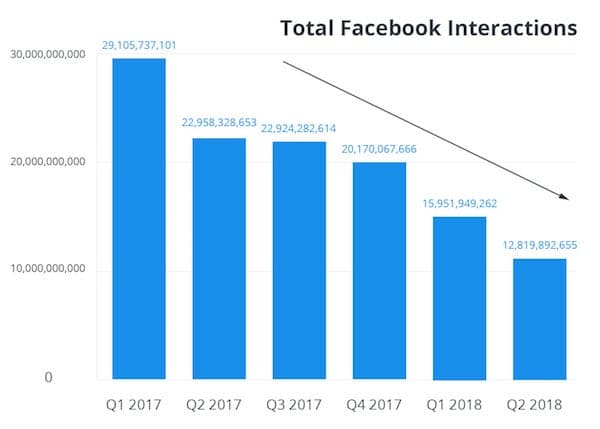
In a little over one year, interactions such as Likes, shares, and comments dropped by well over 50%.
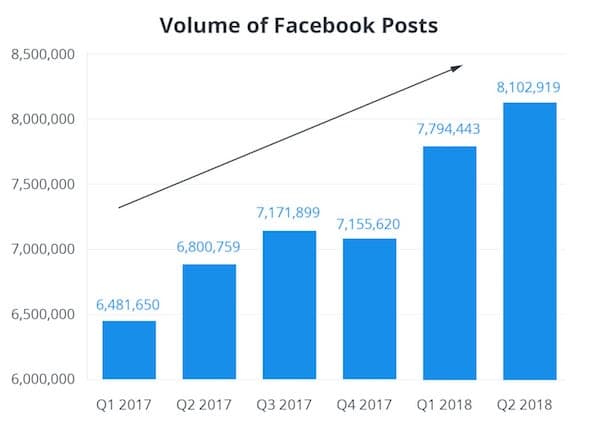
However, posts have increased by 25% over the same period.
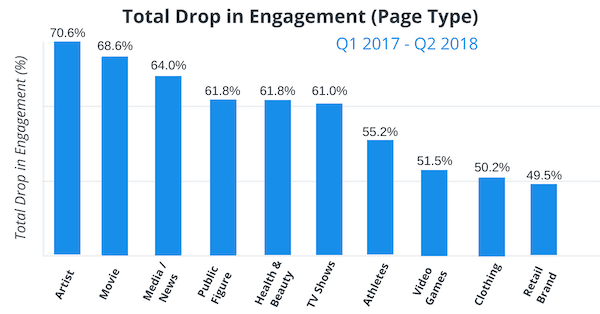
But the most discouraging statistic is that artists and public figures have most felt the fall in engagement.
I suppose we could say that Facebook marketing for books and authors fits into either of these two categories.
The last number worth noting is that there are more than 80 million Facebook pages, all competing for a target audience in the limited space available in the News Feed.
Can you still leverage Facebook to promote your books and blogs?
Yes! Of course, you can, and Facebook is still a good option for marketing books.
But you will need to change and adapt to the new realities for your Facebook advertising and promotion.
Here are seven suggestions you might like to consider to help you improve your Facebook book marketing.
1. Expand your number of friends.
The algorithms now heavily favor the interaction between friends and family. But don’t try to promote your books.
Make friends with people with a common interest, which will help build your name recognition as an author or writer.
The types of content with the highest interaction on Facebook are food, pets, DIY, fashion and beauty, humor/funny, and tech. So think about posting what is popular to gain traction.
Try a Facebook video or two.
Yes, it’s a bit like returning to how you used Facebook years ago. But today, it is effective again. Maybe update your personal profile photo too.
2. Build your Page Likes and followers.
Because there is so much competition for space on the News Feed for organic reach, the only way to get more attention from the Facebook audience is to get more Page Likes.
The only way to achieve this is to use the ads manager to promote page Likes, and it is not very expensive.
On average, you might expect to pay around $0.20 -$0.30 per new Like.
From your ad account, you might also think about boosting posts occasionally.
3. Use very fine ad targeting.
If you are using a Page and ads on Facebook, define your targets for your Facebook ads from your Facebook Insights data as narrowly as you can.
Fine-tune your Facebook marketing because your books will only appeal to a niche readership.
Consider using more precise geographical, age, gender, and interest ranges. Perhaps target your Facebook Page like a local business to your region.
4. Add a Facebook shop.
It is easy to add a shop (bookshop) to your Facebook page.
If you don’t know how to do it, we wrote a step-by-step article on how to add a shop to a page.
5. Think about times to post.
There is no point now in using a scattergun approach on Facebook.
Check your page insights statistics and see when your friends and page followers are most active.
You could even prepare a basic Excel sheet to create a Facebook posting schedule.
In this way, you won’t waste a post on Facebook by sending it when no one is likely to react.
6. Write blog posts for Facebook.
Not all the time, but if you get to know what your friends and page followers are keenly interested in, try writing for them.
In particular, look at what types of Facebook posts they share to give you ideas.
7. Fewer book posts and more you.
It might seem counterproductive, but Facebook is returning to being more about personal interaction than business and selling.
The Facebook of old, if you like.
Use it to develop your author or writer profile, and not so much about selling books.
You could try joining a few Facebook groups to extend your reach.
Summary
There is no doubt that marketing books on Facebook will be tough going for the foreseeable future.
Should you keep using it? Yes. But be ready to adapt to changes that will surely keep coming.
But you should also be actively building your other social media networks to help offset any loss of traction on Facebook.
Twitter is far less affected, making it much easier to build a substantial following.
Interactions are also more frequent on Twitter.
Perhaps think about growing your account or creating new accounts to spread your word wider.
For bloggers and content writers, Twitter is by a long way a much better platform for traffic and responses to a call to action than Facebook.
Other platforms to think about using are Pinterest, Flipboard, and Tumblr.
Individually they might gain only small followings, but cumulatively they can add up to a sizable traffic boost.
In the end, it’s about adapting to change because social media will always be changing.
Related Reading: Sell Books On Amazon Without A Website Or Social Media
Share This Article
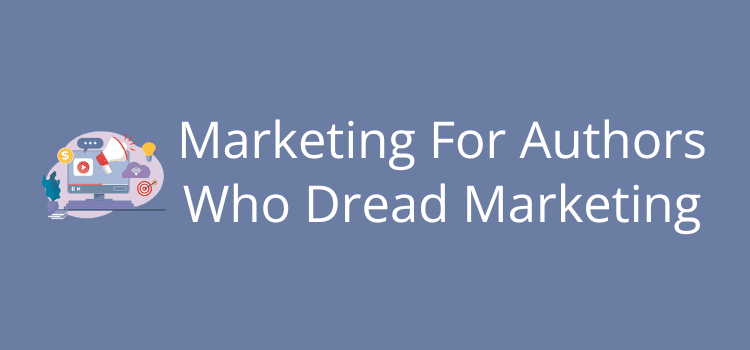

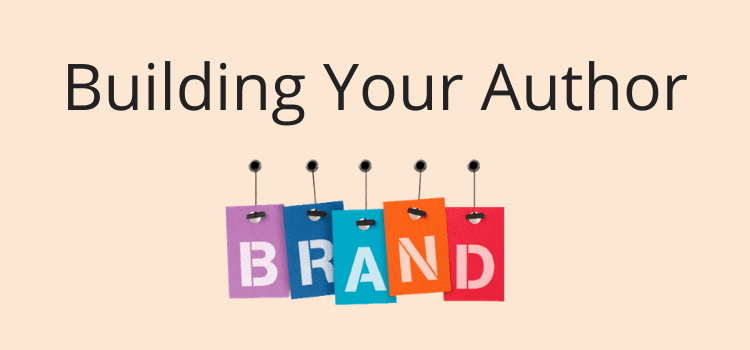
I get a friend request from men I don’t know. When I go to their FB page, there is nothing but photos of themselves. No posts. I generally decline those.
Are you suggesting I accept these requests to build likes?
Definitely not. As I said in the article, make friends with people who share a common interest.
Thanks for an informative article. Being a technical nerd (that says a lot…) but enjoying interaction with like-minded people, I plod on!
Naturally, I want to sell my books/work, but enjoyment of writing counts more than financial rewards these days. FACT! Cheers.